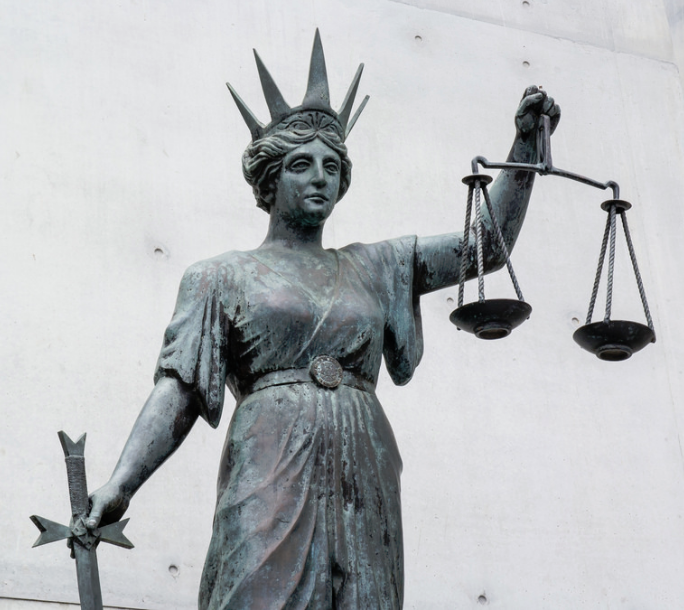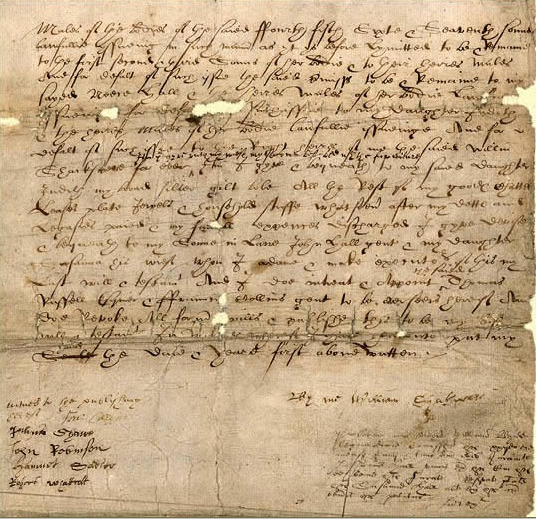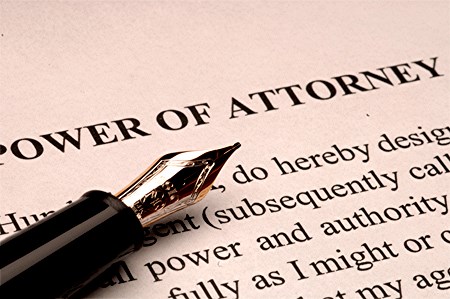Breach of Fiduciary Duty: A fiduciary is an individual or corporation to whom property or power is entrusted for the benefit of another. Fiduciaries must prudently care for any such assets, and may also have a number of additional duties, depending on the nature of their fiduciary relationship. These duties include, without limitation: a duty of good faith and fair dealing, a duty of loyalty, a duty of impartiality, a duty to delegate, a duty to inform, and a duty to maintain adequate records. To succeed on a breach of fiduciary duty claim, the plaintiff must prove…
-
-
Breach of Trustees’ Fiduciary Duty – Part 2: Duty of Loyalty & Duty of Impartiality
As we’ve mentioned in part 1 of this series, trustees are fiduciaries and, as such, trustees owe a variety of fiduciary duties to multiple parties. These obligations include both the duty of loyalty and duty of impartiality, which we will discuss this week. To prove a trustee breached of one of these duties, one must show three things: (1) the existence of a fiduciary relationship; (2) the breach of a fiduciary duty; and (3) damages proximately caused by the breach of the duty.[1] It is important to keep in mind that the express terms of the trust can modify…
-
Six Basic Questions and Answers about Executors
If you have a will or have ever dealt with estate administration, you are probably familiar with the term “executor.” However, most people don’t know what an executor is or what the executor’s role is. Additionally, what do you do if you suspect an executor is behaving fraudulently or contrary to the deceased person’s wishes? What is an executor? An executor is a person or institution appointed to carry out the terms of a person’s will. They are appointed by the person who wrote the will, the testator, to conclude the business and financial arrangements the testator had…
-
North Carolina Business Court: Employment Agreements Automatically Terminate Upon the Sale of a Company
A recent decision by the North Carolina Business Court held that an employment agreement automatically terminates upon the asset sale of one company to another, despite continued employment with the purchasing company.[1] In 2001, Andrew Lund executed an employment agreement with his then-employer, Southern Staircases of North Carolina, Inc. The agreement contained several post-employment restrictions regarding disclosing confidential information and soliciting current and future customers. The agreement also contained a duty of loyalty provision to “devote his entire working time, attention, and energies to the business of the Company and . . . [to] not be engaged in any other business…
-
Guardianship Proceedings in North Carolina
It is prudent to execute a healthcare and/or financial power of attorney well in advance of necessity to ensure your individual wishes are honored in the event you are unable to attend to your own needs. However, competency is required to execute a power of attorney. If you become incompetent and do not have a durable power of attorney, it will be necessary for someone to petition the court to appoint a guardian to manage your affairs. Before appointing a guardian, the court first determines whether an individual is legally incompetent. The adjudication of incompetence is heard by the clerk of court…
-
Powers of Attorney: General Considerations
While many people recognize the term “power of attorney,” most do not know how to create a valid power of attorney or choose between the various considerations. It is important to prepare safeguards to protect current and future assets long before one faces severe illness or incapacity. A power of attorney is a straightforward and relatively inexpensive document to prepare, compared to the time and expenses that may be incurred if a court is required to settle family disputes or appoint a guardian in the absence of an instructive document. Put simply, a power of attorney is a legal…





